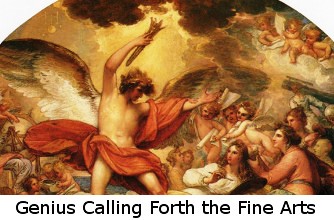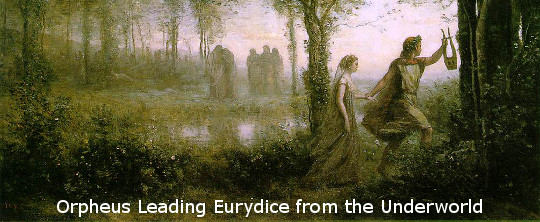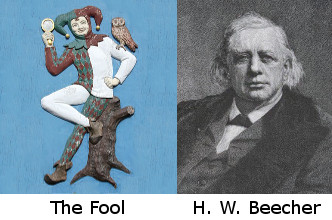Winston Churchill? Walter Winchell? Reader’s Digest? Apocryphal?

Question for Quote Investigator: British leader Winston Churchill has been credited with a crafting a vivid definition for “appeaser” that cleverly employed figurative language:
An appeaser is one who feeds a crocodile — hoping it will eat him last.
It supposedly was spoken during World War II, but I have not been able to find a contemporaneous citation. Would you please explore the provenance of this expression?
Reply from Quote Investigator: Winston Churchill did use the crocodile metaphor during a speech delivered on January 20, 1940, but the phrasing was different. At the time, Churchill was the First Lord of the British Admiralty, and his address was broadcast on BBC radio from London; “The New York Times” printed the speech the next day. In the following passage Churchill was discussing countries which had remained neutral during the ongoing war. Boldface has been added to excerpts:1
Each one hopes that if he feeds the crocodile enough, the crocodile will eat him last. All of them hope that the storm will pass before their turn comes to be devoured. But I fear greatly that the storm will not pass. It will rage and it will roar ever more loudly, ever more widely.
The passage did not use the word “appeaser”. Also, it was somewhat clumsy because it employed two figurative frameworks: one based on a ravenous crocodile and another based on a powerful storm. The popular modern version mentioned by the questioner was circulating by 1954. This version simplified the text by adding the word “appeaser” and using only one metaphor.
Here are additional selected citations in chronological order.
Continue reading “Quote Origin: An Appeaser Is One Who Feeds a Crocodile, Hoping It Will Eat Him Last”

